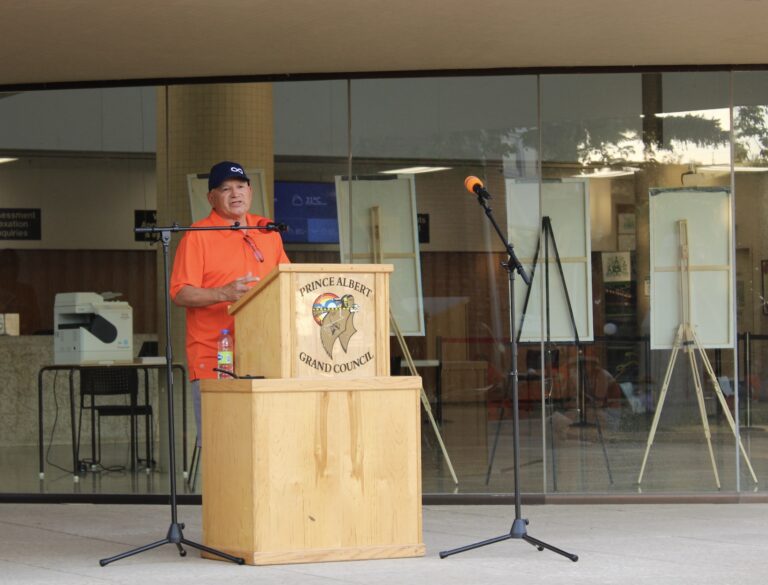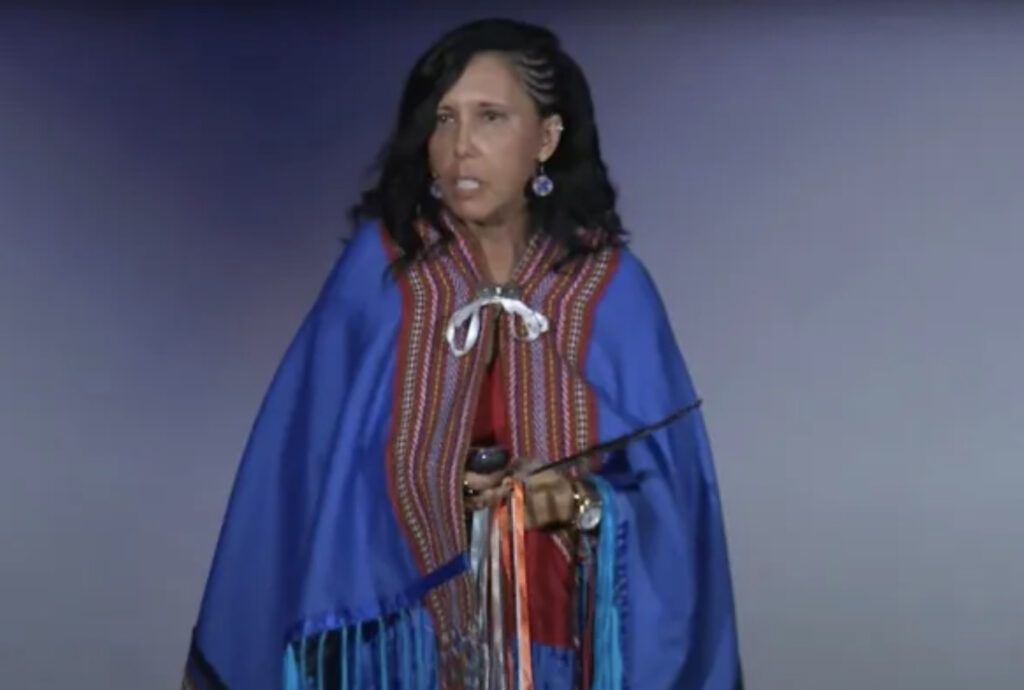
The Métis Nation of Saskatchewan (MN–S) and University of Saskatchewan (USask) signed an agreement on Métis citizenship and identity Saturday. The university has agreed to rely on the MN–S citizenship registry to assess eligibility for Métis-based opportunities at the university.
“This is an important moment for the Métis of Saskatchewan,” MN-S President Glen McCallum said. “This agreement recognizes that only the Métis government of Saskatchewan and its citizens can define who we are through our laws and ways. This lets us work together with the university in a good way.”
Under the agreement, the MN–S will decide if individuals meet the criteria for Métis citizenship when applying for opportunities at the university that rely on Metis identity. This agreement follows calls by the MN-S for academic institutions, industry, and governments to recognize the MN–S’s citizenship process, requirements, and governance institutions.
“We believe that a key part of reconciliation is recognizing that Indigenous communities define and verify their own membership,” USask President Peter Stoicheff said. “The university, in signing this document, continues to build on its strong relationship with MN–S by affirming that Métis identity is determined by the MN-S. We are extremely appreciative of the MN–S’s shared commitment to advancing this important work.”
The agreement was welcome news to Métis members of the USask community amid ongoing concerns around the misappropriation of Métis identity in academia. The Memorandum of Understanding follows scrutiny of claims to Indigenous identity by high profile USask professor and Indigenous health researcher Carrie Bourassa. A CBC investigation found no evidence that Bourassa is in fact Métis.

Having initially defended the professor, USask placed Bourassa on indefinite, unpaid leave from her duties at the College of Medicine in the Department of Community Health and Epidemiology in November. The university is conducting its own investigation while Bourassa remains on leave.
“All Indigenous nations have the right to determine their own membership. When non- Indigenous institutions step forward to recognize this fact – we see real and substantive progress towards true reconciliation,” said Dr. Kurtis Boyer, Faculty Lecturer at the Johnson Shoyama Graduate School of Public Policy, University of Saskatchewan.
MN-S and USask committed to improving university academic programs and services, through a “collaborative and co-ordinated partnership” that aims to improve university education access, relevance, and boost the achievement of Métis and their communities.
“The Métis Nation–Saskatchewan citizenship registry is a uniquely proven, effective, and secure method of assessing who is Métis in Saskatchewan,” McCallum said. “The University of Saskatchewan’s understanding of this shows the hard work we have done together, and we expect others will follow this lead. The Métis Nation–Saskatchewan as a government represents the Métis community in Saskatchewan. It is up to us as the Métis community to recognize our own people and we have both the authority to and means to do so.”
